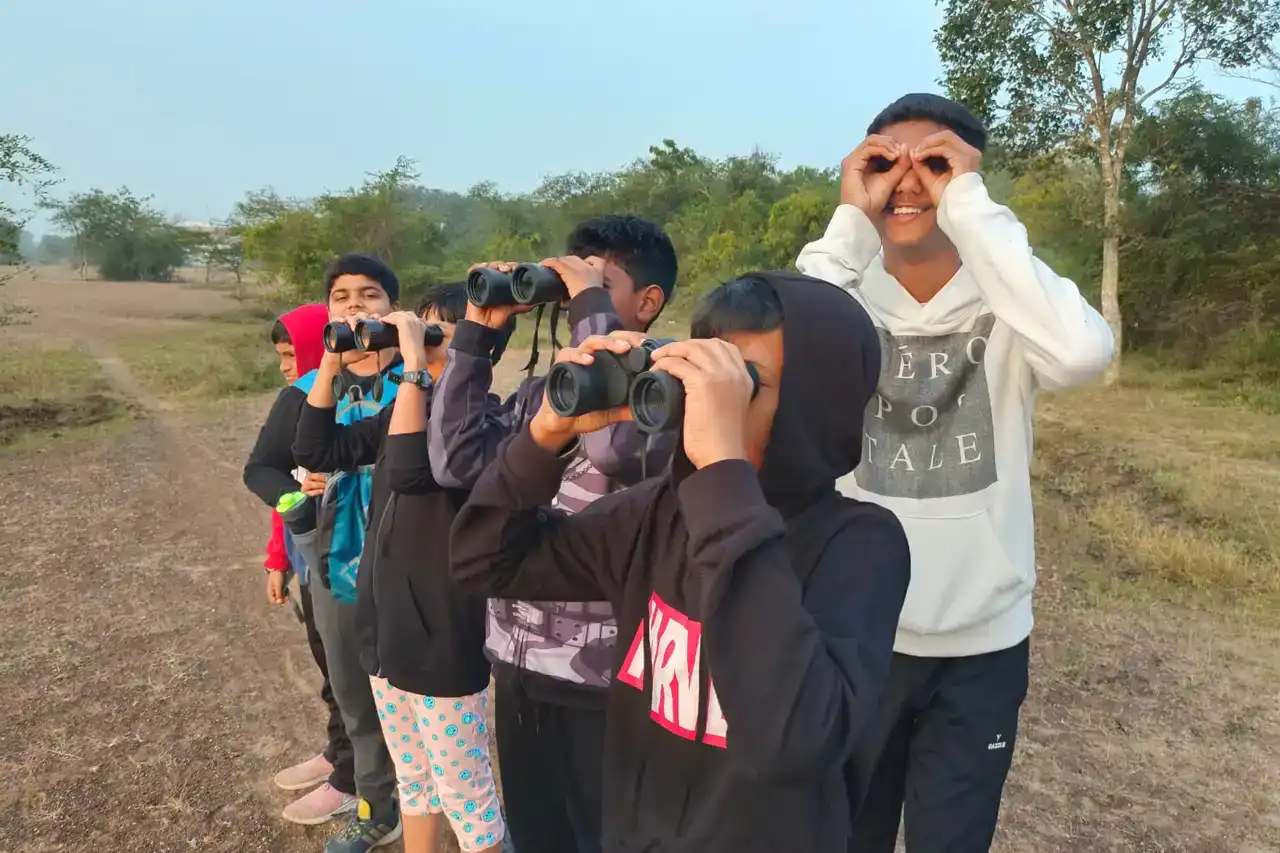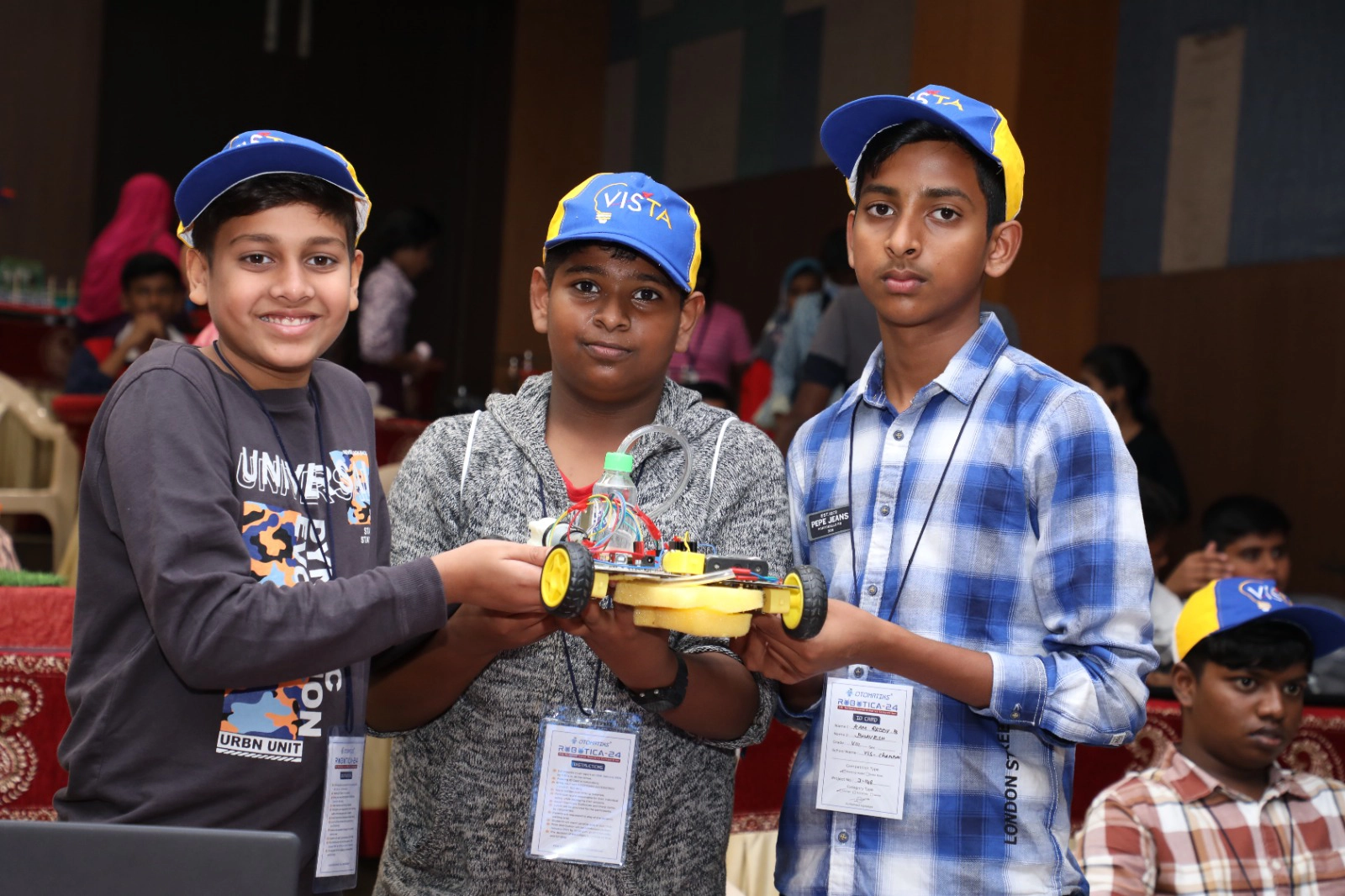Science is the process that take us from confusion to understanding
-Brain Greene
Science is the key to scientific research, technological advancement and the growth of mankind. Science education helps in cultivating students’ curiosity and expanding their thinking capabilities. It instils a spirit of inquiry and a heuristic learning approach. The skills students develop at a tender age are the building blocks for their learning for the future.
The central objective of teaching science at the school level as stated by the Cambridge International organisation is; to develop scientific knowledge, understand practical skills, know and use the scientific explanations of the world around us, generate and evaluate scientific evidence and explanations, develop scientific knowledge.
Students love studying sciences through hands-on activities. The ambiance created through the study and aura of the scientific environment created in the form of hands-on learning creates a unique environment in and around the learner. The creativity, innovations and independent thinking skills increase the curiosity among the learners to have an in-depth study of the principles and facts.
Inquiry of the facts; how the days and nights are formed; why there are only eight planets in the solar system, why the blue looks blue and the questions like ‘What if’, leads to revealing the mechanisms and reasons for the complicated phenomenon of life problems. To connect to the scientific facts and develop a connection with life, it is imperative to understand the nature of science. The nature of science is referred to the way scientific knowledge is developed. The process involved in developing is inquiry, investigation, collecting evidence and conclusion. This helps them to evaluate the theories and how they work in reality.





























